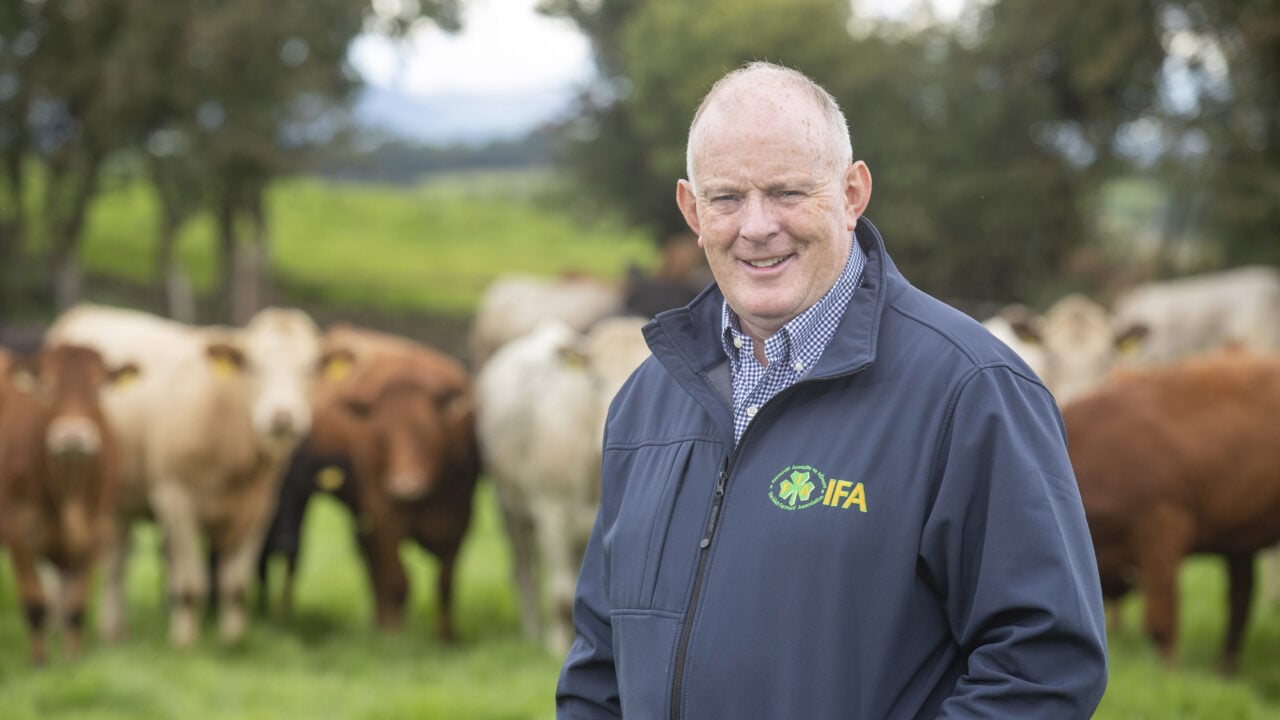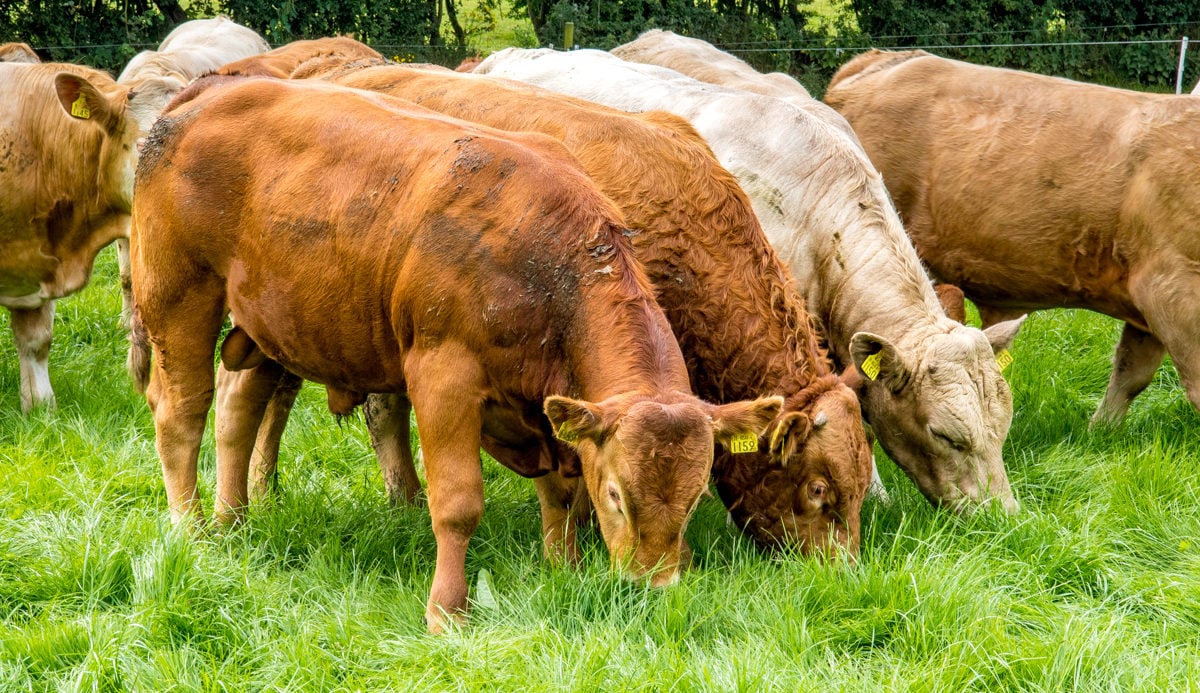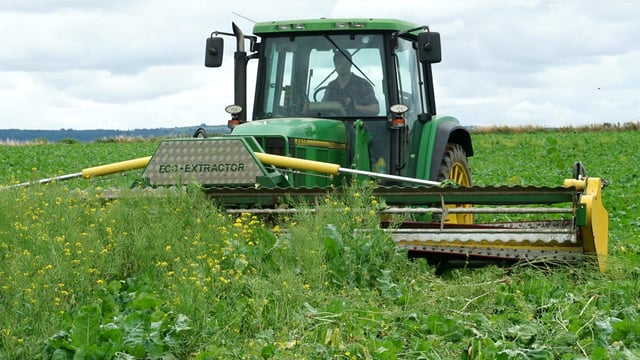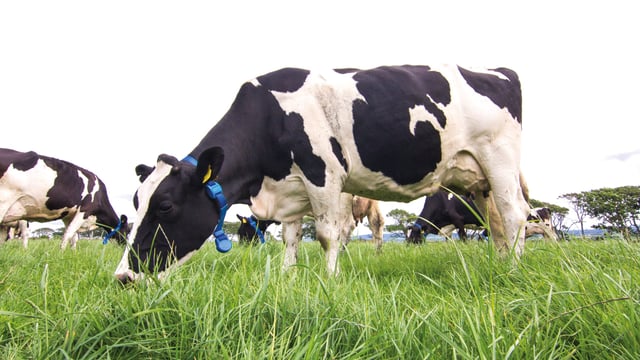Gorman calls for more action amid bluetongue threat
The Irish Farmers' Association (IFA) president Francie Gorman has called for further measures to deal with the threat of bluetongue, including vaccination.
Bluetongue is a notifiable exotic viral disease caused by bluetongue virus (BTV) which can cause severe clinical signs in ruminant species, such as cattle, sheep and goats, along with camelids.
The virus, which does not pose a risk to human health or food safety, is primarily spread by the bite of infected midges, which are more active in warmer months.
Ireland is currently free from the disease, however remains at risk of introduction, as it the virus is present across Europe.
The Department of Agriculture, Food and the Marine (DAFM) said its current approach to bluetongue is early detection and eradication, where possible.
There are three inactivated vaccines currently available for bluetongue serotype-3 (BTV3) in Europe.
DAFM said that all three vaccines claim to reduce the levels of virus in the blood of infected animals and reduce clinical signs of disease.
However, the vaccines do not claim to prevent animals from becoming infected.
The department said that in the event that bluetongue becomes established in Ireland, "vaccination would become an important tool to minimise production losses".
Last month, the Department of Agriculture, Environment and Rural Affairs (DAERA) permitted the voluntary use of three BTV-3 vaccines in Northern Ireland, subject to licensing.
Francie Gorman claimed that Minister for Agriculture, Food and the Marine Martin Heydon and his officials "can and must do more to help farmers offset the impact of BTV 3 should the disease enter this country".
He said farmers are playing their part in monitoring livestock for any signs of the disease and reporting any suspicions to their vets and the department.
He added that the numbers of suspected cases being reported bears this out.
“It is vital we do everything in our control to prevent this disease entering the country, the trade disruption and potential on farm production losses would impact directly and solely on farmers.
“In refusing to make provision for the option of vaccination to limit the potential losses, the minister for agriculture and his officials are exposing farmers to greater risk than is necessary,” Gorman said.
The IFA president said Minister Heydon "should keep an open mind on this approach".
He said the minister "must immediately move to approve vaccines for use in this country".
"It’s not acceptable to hold off until there is an introduction of the disease or an urgent need to vaccinate," he said.
IFA Animal Health Committee chair TJ Maher said early detection, containment and eradication of the disease must be the priority.
However, he said farmers who want to take precautions to minimise the impact of the disease in their herds should not be prevented from doing so.
Maher said the first step in this process is to have vaccines approved for use and a stock of them in the country, and this must be done immediately.






